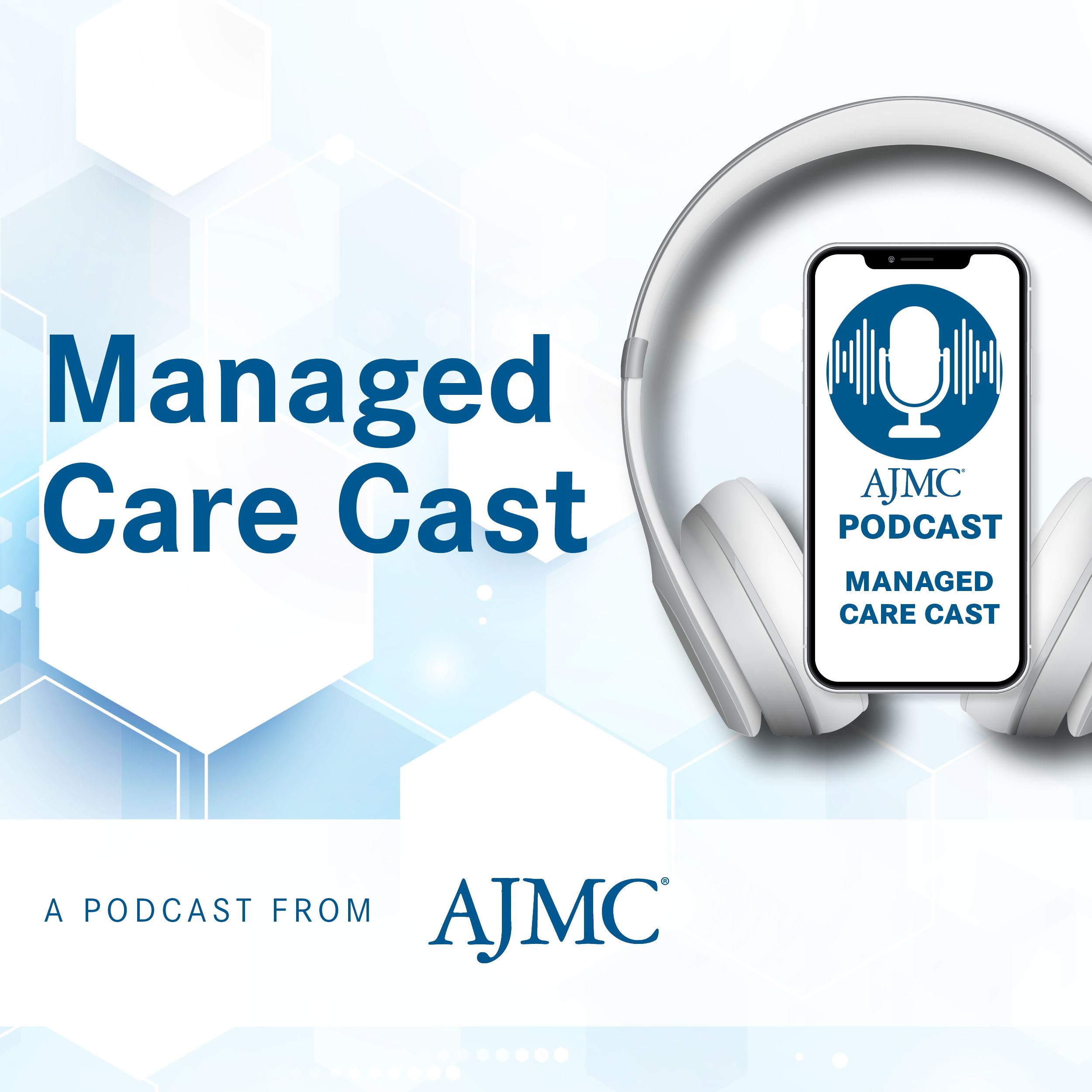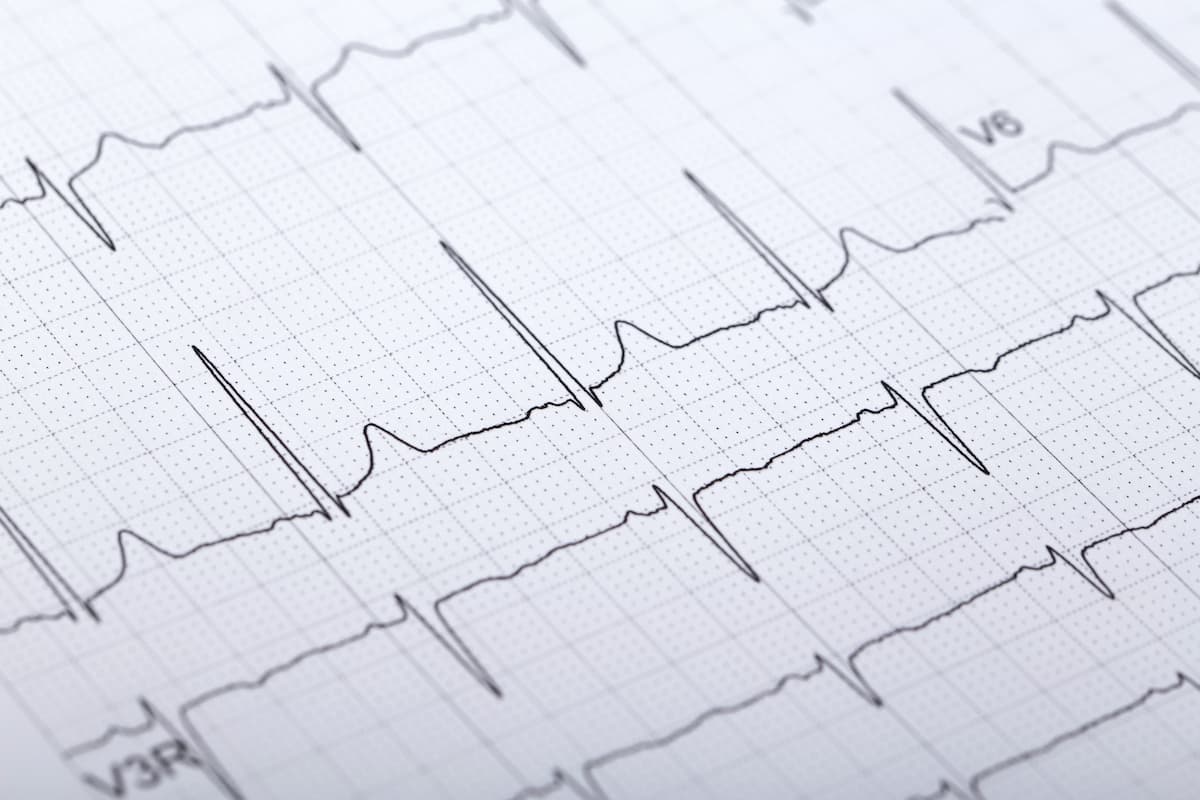News
Article
Latest From FINEARTS-HF: No Sex-Specific Differences in Finerenone Outcomes for Heart Failure
Author(s):
Key Takeaways
- The FINEARTS-HF trial included 46% female participants, improving female representation in heart failure research.
- Finerenone reduced heart failure events and mortality similarly in both sexes, with no significant sex-specific differences.
The FINEARTS-HF trial offered novel clinical insights as one of the few cardiovascular trials to feature such a great proportion of female participants.
Women carry more risk for heart failure with preserved ejection fraction (HFpEF); however, female representation in clinical trials for heart failure remains overwhelming insufficient. New data from the FINEARTS-HF trial, which evaluated the safety and efficacy of finerenone (Kerendia), offers some relief in this respect due to its large inclusion of female patients. Finerenone is a nonsteroidal mineralocorticoid receptor antagonist (MRA) that has gained traction as a new therapeutic for patients with cardiorenalmetabolic diseases.
Misato Chimura, MD, PhD, University of Glasgow, presented on some of the latest, sex-specific findings from FINEARTS-HF at the 2024 American Heart Association (AHA) conference. Overall, the study participation consisted of 46% females (n = 2732 vs 3269 males), which Chimura proudly stated, “makes it one of the few cardiovascular trials with a substantial representation of women.”
This transcript has been lightly edited for clarity and length.
Transcript
What kind of questions did you examine in your sex-specific analysis? What results surprised you?
I think that’s a very important question. In this study, we examined the efficacy and safety of finerenone in both women and men. Compared to placebo, finerenone similarly reduced the risk of the primary end point in both women and men, and consistent effects were observed for total heart failure events, first heart failure event, cardiovascular disease, and all-cause mortality. And the test for grade 6 treatment interaction was not significant for each outcome.
For adverse events, finerenone increased the risk of hyperkalemia and hypertension and reduced the risk of hypokalemia compared with placebo, with similar effect in both women and men. And potential antiandrogen adverse events were rare between women and men and their treatment groups, and with no difference between placebo and treatment group.
Did your findings shed any light on the relationship between obesity and HFpEF? If so, what differences did you see between men and women?
We do not have a clear answer now, but in my impression, MRA is more effective in patients with obesity, but there is no difference between the sexes in the effect of finenerone in patients with obesity. Because obesity is associated with the excessive aldosterone secretion from adipocytes, independent of the classical renin-angiotensin-aldosterone system. So therefore MRA is more effective in the patient with obesity.
But we believe that there are no reported differences in the metabolism of MRA between women and men. So currently, the substudy analysis of obesity is conducted, and once this data is available, we can get more information about this.
Finerenone is a nonsteroidal MRA, which should be safer for the kidneys than a steroidal MRA. Is this aspect of finerenone especially important to men or women?
Well, the answer would be no, because, you know, the differences in anatomy, such as BSA [body surface area] and organ sites, as well as the differences in the pharmacokinetics and the pharmacodynamics are observed between women and men. But as I said, we believe that there are no notable differences in metabolism or MRA. So, there are no differences between sexes according to the effect of linear function.
Newsletter
Stay ahead of policy, cost, and value—subscribe to AJMC for expert insights at the intersection of clinical care and health economics.





